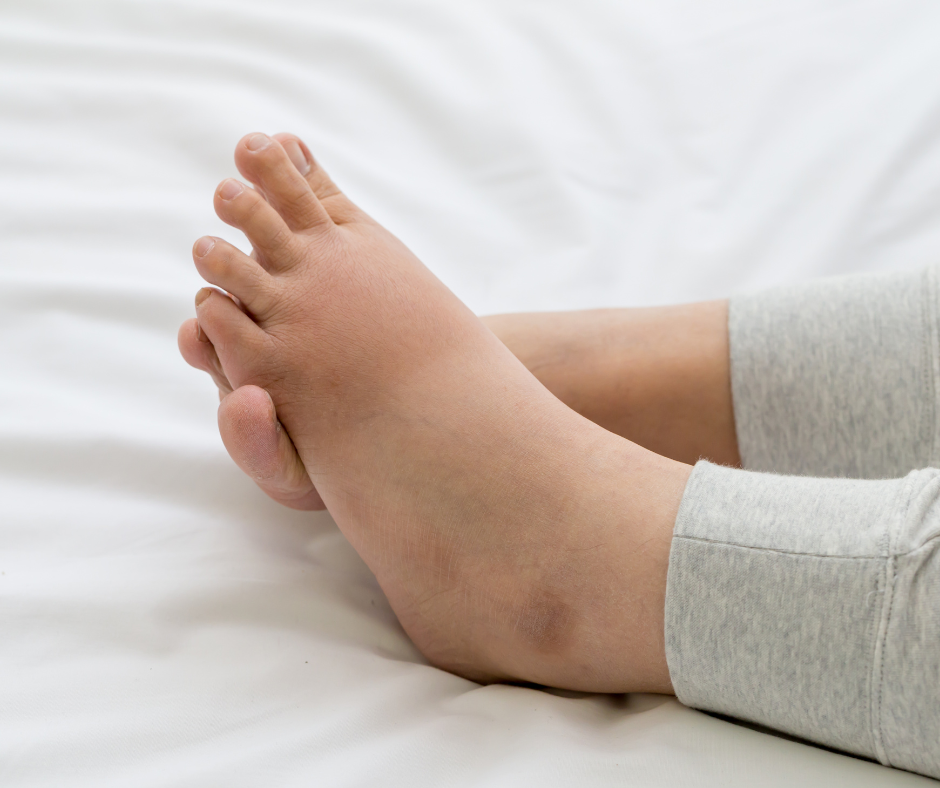
Do your feet or ankles swell in the summer heat? This uncomfortable inflammation typically occurs because the heat causes your blood vessels to dilate. When they do, fluid can leak into the adjacent tissues. It, together with gravity encouraging the passage of larger volumes of fluid into the legs, triggers swelling. In today’s post, Dr. Eric Ricefield, Dr. Mark Yagodich, and Dr. Aliza V. Eisen of greater Philadelphia’s Your Next Step Foot and Ankle Care Center share reasons why your feet may be swelling and 5 tips to prevent it.
Why Do My Feet Swell During the Summer Months?
- Salt retention: When our body retains more salts, fluid is drawn into the tissues causing swelling in the feet and legs.
- Venous deficiency: When our veins struggle to carry blood back to the heart against gravity, the fluid can collect in our legs and feet.
- Standing or sitting still for extended periods: Moving our legs and feet enhances our circulation and transports fluids through the body and away from our lower limbs.
- Age: Older people have an elevated risk of swelling in the heat due to normal fluctuations in the circulatory system and heart.
- Medical conditions: Conditions and diseases that affect our circulation can make people more susceptible to swelling.
- Pregnancy: When you’re pregnant, your fluid volume can rise by 20-80%. When this happens, you retain more weight, and movement tends to decrease.
5 Tips for Preventing Swelling from the Heat
- Elevate your feet: Gravity often plays a role in limiting the fluids moving up from the legs. You can help by elevating your legs whenever possible. Lying down is the easiest way to achieve this, and when sitting, try to use a footrest with a cushion. Try to do these 3 to 4 times per day and ensure your legs and feet are higher than your heart.
- Keep moving: Your heart and circulation keep going strong when you exercise. The more the heart pumps blood, the better your body will help diminish the swelling.
- Avoid hot environments: While it’s not always possible to avoid extreme summer heat here in Pennsylvania, avoid excessively hot, long baths, showers, and saunas.
- Stay hydrated: Drinking a lot of water may seem counterproductive but staying hydrated will help reduce swelling. When your water intake is insufficient, the concentration of salt in your blood can rise, causing you to retain more of the water you drink.
- Limit your salt intake: When you have a high salt intake, the salt concentration in your body elevates, encouraging water retention and swelling.
If you’re experiencing swollen feet and ankles this summer, contact the offices of greater Philadelphia’s Your Next Step Foot and Ankle Care Center for diagnosis and treatment. Click here to locate the office nearest you and schedule an appointment today.
